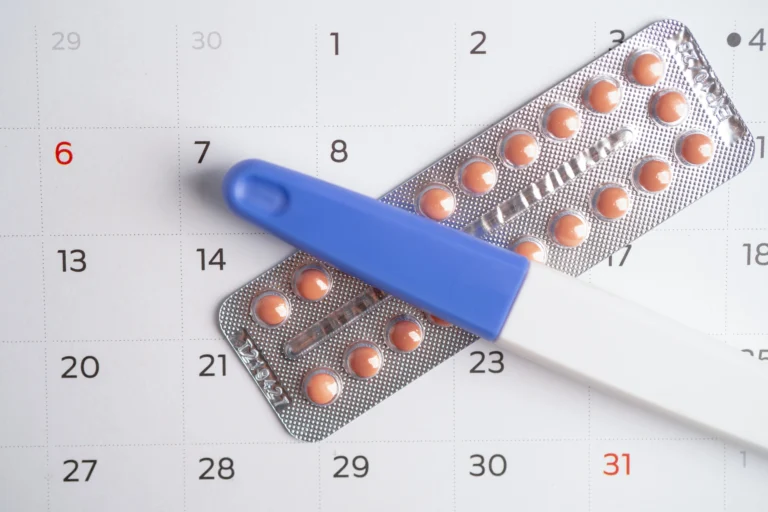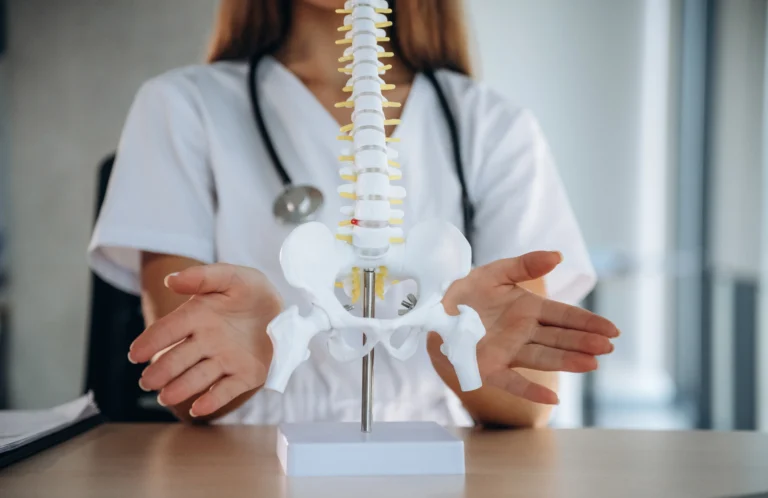Polycystic Ovarian Syndrome (PCOS) – What, why and how to treat

Polycystic ovarian syndrome (PCOS) results from hormonal imbalances, leading to symptoms like weight gain, acne, and irregular periods. Diagnosis involves symptoms, ultrasound, and lab results. Conventional treatments include birth control and fertility medications. Alternative therapies like acupuncture, herbal supplements, and massage address underlying issues and support reproductive health. Schedule an appointment for personalized care.








